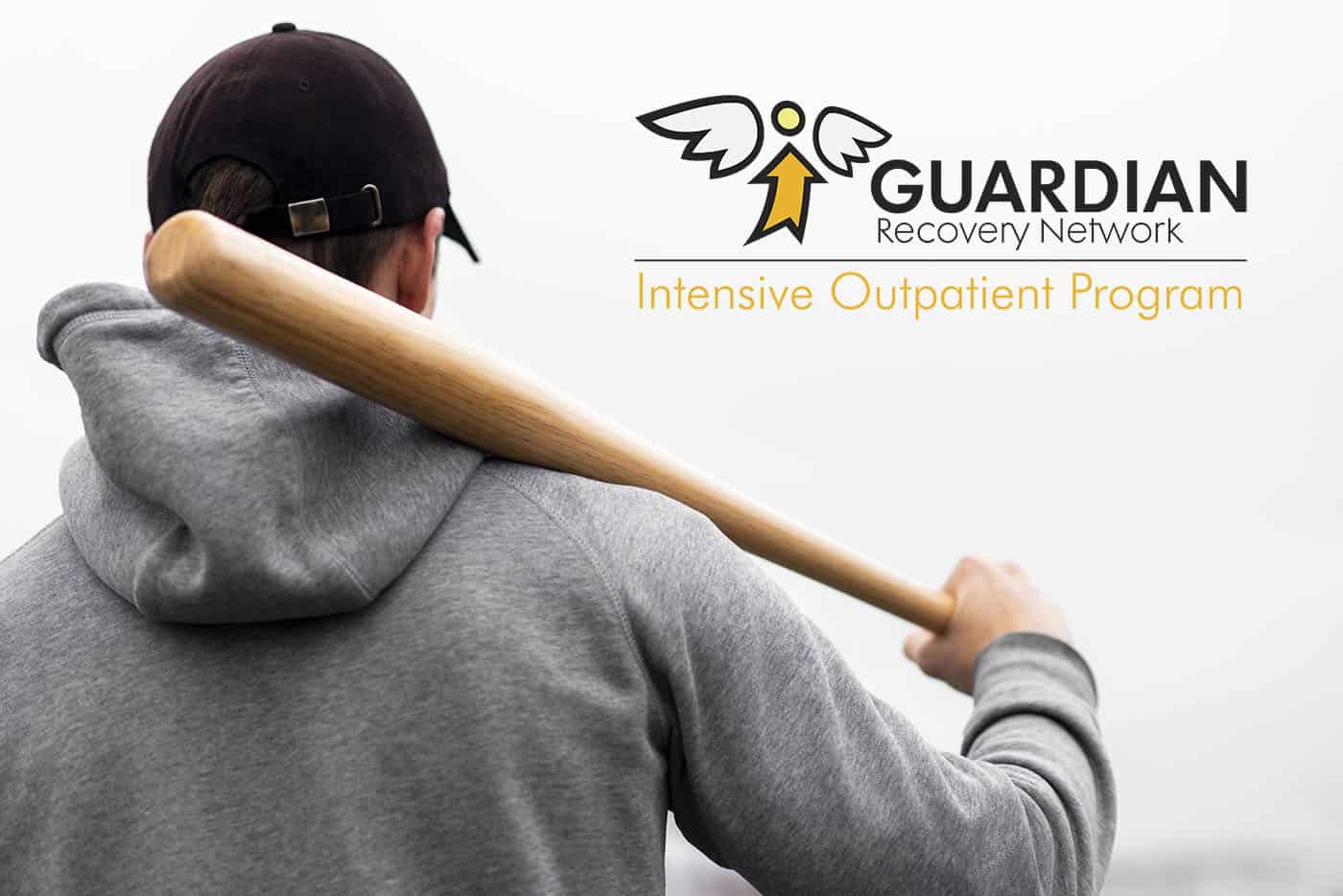Josh Hamilton was born in 1981 and raised in North Carolina. He is known for playing Major League Baseball for the Cincinnati Reds in 2007, the Texas Rangers in 2008 and again in 2015, and the Los Angeles Angels in 2013. He’s had a long and lucrative career in professional sports, having won the American League Most Valuable Player (MVP) Award in 2010 and being considered an MLB All-Star a total of five times during the course of his career. In 1999 Hamilton was drafted by the Tampa Bay Devil Rays – he was actually their very first pick. Sadly, he struggled with drug addiction and was kicked off of the team two years after he was drafted.
Hamilton admitted that he had stayed away from drugs and alcohol in high school so that he could work towards his ultimate career goals. After he was drafted he slipped into a vicious cycle of excessive drinking and illicit drug use. He was banned from MLB from 2003-2005 because of his struggles with crack cocaine and alcohol. Sadly the majority of Hamilton’s professional career has been marked by ongoing struggles with substance dependency. He has come back to the league several times after being banned only to relapse months later. Hamilton has openly discussed his personal struggles in hopes that he can make a difference in the lives of others who might be too afraid or embarrassed to reach out for the help they so desperately need.
Active Addiction
After Hamilton was banned from the league for his crack cocaine abuse he entered into inpatient drug rehab where he worked hard to get clean and maintain sobriety so that he could return to his career as quickly as possible. When he finally resurfaced he began playing for the Rangers and ultimately ended up becoming a five-time All-Star player. His fans were ecstatic that he was doing well and that he had seemingly overcome his drug addiction. He was open and honest with the public about his issues with drug abuse and became a voice of encouragement and support for those who had been through similar experiences. Unfortunately, his return to pro sports didn’t last very long – and neither did his sobriety.
His success overshadowed his underlying fragility and he was “thrown right back into the fire” so to speak. He may not have allowed himself enough time to heal and recover and was wrapped back up in the pressure of being one of the greatest athletes in the country. Soon he signed a $125 million contract with the Los Angeles Angels. At the time, Hamilton was unstable in his recovery and was extremely vulnerable to relapse, and the extra income may have pushed him over the edge. During his time with the Angels he was often absent due to injuries and his rankings faltered significantly. In February, Hamilton admitted that he had been bingeing cocaine on his time off. While everyone thought he was thriving and advocating addiction recovery, he had actually relapsed and was continuing to use.
A 2015 story in the Los Angeles Times detailed the potential consequences that Hamilton was going to face. Disciplinary actions had to be taken because drug-related rules had been broken repeatedly. It was speculated that during recovery for a shoulder injury the baseball player had been prescribed a prescription painkiller which had sent him back into a downward spiral.
The Risks of Relapse
This situation is a great learning experience for those who are new to addiction recovery. For a newly sober individual attempting to use any habit-forming substance – even one prescribed by a medical professional – is a horrible idea. Regardless of how bad the injury is the pain that you feel will be far more tolerable than slipping back into your old addictive ways. Not only does coming back to recovery get harder with every relapse, but also depends on how severe the addiction is and what drugs are involved, there is no guarantee that you’ll survive the next slip. Hamilton’s drug addiction was very severe and it very well could have cost him his life. Aside from using opioid narcotic painkillers in early recovery, attempting to return back to your old way of life – especially if it is high-stress – will make the risk of relapse even greater. It is recommended that newly sober individuals undergo medically monitored detox, inpatient treatment, and live in a sober living housing situation for up to nine months. A full year of intensive recovery is always suggested – in Hamilton’s case, he returned to his high-profile career as soon as he was deemed “stable.” Had he been allowed a full year to undergo intensive therapy, the story may have been different.
Hamilton’s Professional Career and Road to Recovery
In a 2019 memoir entitled “Beyond Grateful” Hamilton explained his struggles with addiction and the sense of obligation he felt when it came to his many fans. “Throughout my whole career, there was this continual process of going through things and struggling, but at the same time never hiding from the fact that I made my mistakes,” he wrote. “And I hope I’m remembered for that process — for never shying away from my problems and struggles. I was honest with the team and with the fans, because I thought I owed that to them, no matter what. And, who knows, maybe in some cases I was a little too honest, or said too much. But at the end of the day, I hope that people saw me as just … a real person, a human being, with his struggles and his challenges like everyone else. I wasn’t trying to pretend that I was Superman, or like I was above anybody and could do no wrong. I was just trying to do the best I could and to be honest about what I was going through.”
To this day many people refer to Hamilton as one of the great “What Ifs” of baseball. What if he hadn’t destroyed his body with drug abuse? What if he had taken the time he needed to heal before returning to the game? The truth is, none of us really know what would happen if we stopped using drugs and drinking early. Our lives could have been completely different – maybe we would have tapped into a whole other level of potential. The wonderful news is, it is never too late to find out what would happen if you sought sobriety today. Your future is in your hands – all it takes to tap into your potential and begin an entirely new way of life is one simple phone call.

Reviewed for accuracy by:
Anna Marie Barrett LCSW, CYT
Anna earned her Masters of Social Work at Barry University in Miami, FL in 2017 and completed her internship in co-occurring disorders. Anna has a Bachelors of Art in Religious Studies from Naropa University and is a certified yoga and meditation instructor. Anna has received specialized training in somatic counseling with an emphasis on body-centered psychotherapy.




















